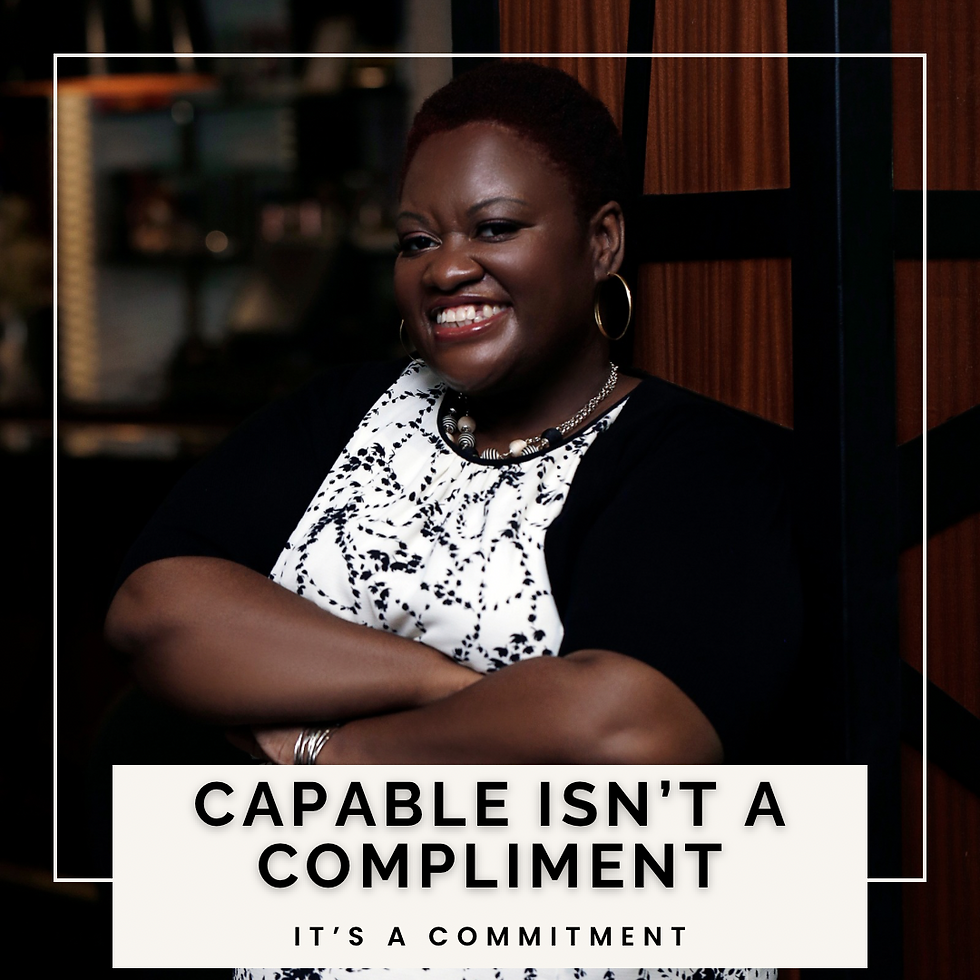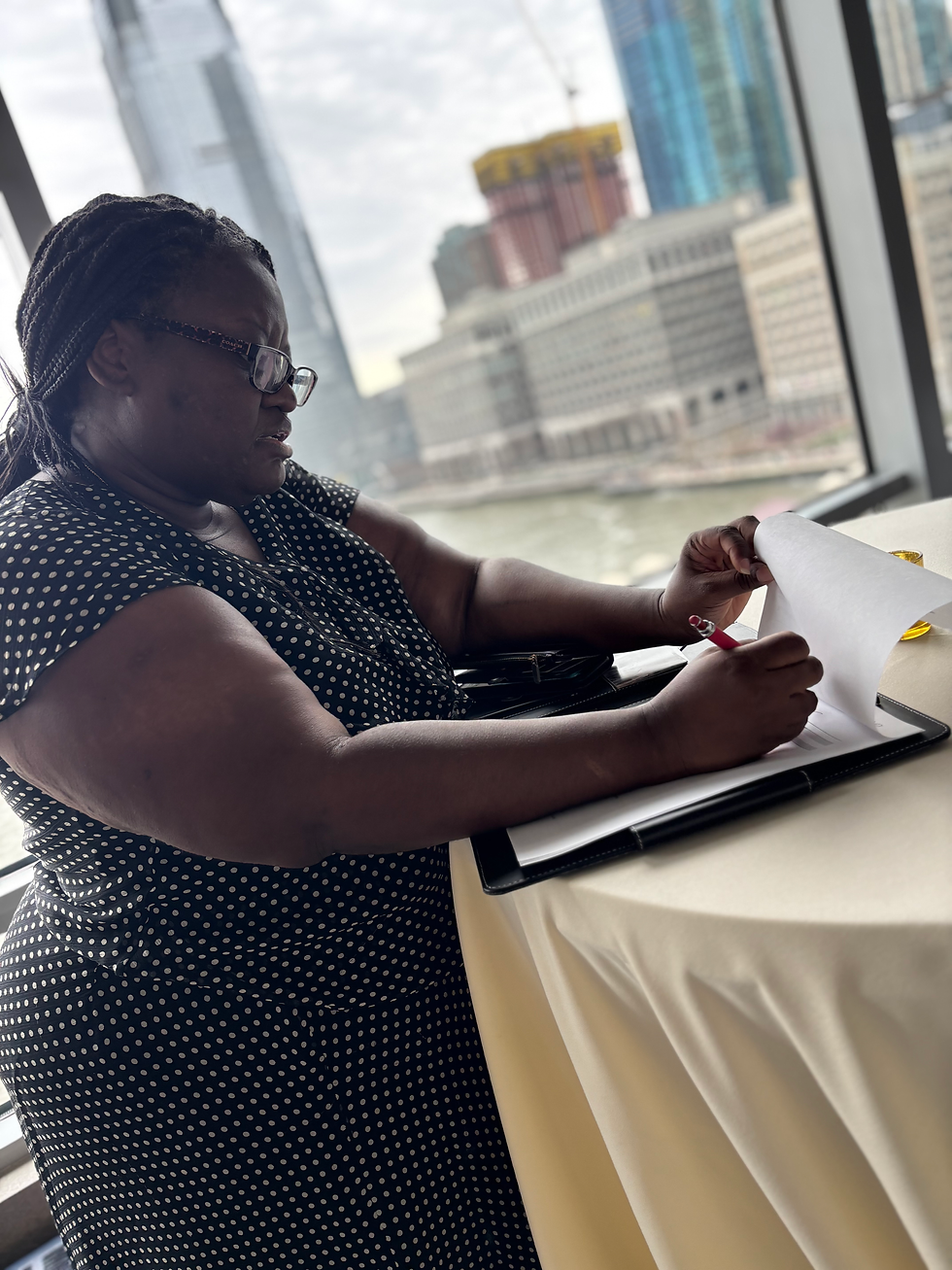Picture This, Part II
- The Capable Bride
- Apr 16, 2018
- 2 min read

Last week we discussed some of the creative aspects of photography at your wedding, and this week we will deal with more practical concerns.
Much like hiring a band or DJ, hiring a photographer requires some solid business practices. A detailed contract is absolutely essential, and there are some important items to consider.
First, you should know what format the photographer intends to use. Will it be digital or traditional? Both? A number of portrait photographers, in particular, still use conventional film for it’s color, dynamic range, grain, and unparalleled ability to capture natural light. In much the same way that audiophiles extoll the “warmth” of analog tape, film photography produces a warmth and fullness that cannot be readily achieved with digital. But editing is nearly impossible, and processing can be very time consuming and expensive. If you are looking for a quick turn around and files you can play with on your own, film is not for you. It is important for you to know which the photographer will use and have that spelled out in your contract.
Second, you need to be clear about what the photographer will deliver at the end. Is there a cap on the number of images? Will they be giving you all photos and files? Are they making a physical or digital album? How many photos will they touch up as part of the package and what will additional touch ups cost? How many edits are you allowed? If they shot film, will they give you he negatives? Some photographers will brand your photos with their company name unless you specifically tell them not to. Make certain you know exactly what will be delivered to you and how it will be delivered, when the contract ends.
Third, what type of staff will the photographer be bringing. Do they shoot alone? Do they have assistants? Will the photographer you met with or spoke to be the photographer at your event? If the photog tells you there will be three people, make sure that your contract reflects that. If there is a change, your price should change, too.
Fourth, make your preferences clear from the beginning. Some people prefer posed shots, while others like candid photos. If you have specific photos you want, or want to ensure that specific people are captured, write it out and make it part o your agreement. Do not assume that, day of, you will have the wherewithal to make snap decisions on photos. The more information you can give your photographer in advance, the better.
And finally, get it all in writing. This is a common theme but an important one. The advance work you and your wedding planner do is designed to minimize complications and last-minute decisions on the day of your wedding. Details are meant to be addressed before the big day. Be as diligent in your photography planning as you are with the rest of your planning and you will ensure that the memories you create will be captured forever.




Comments